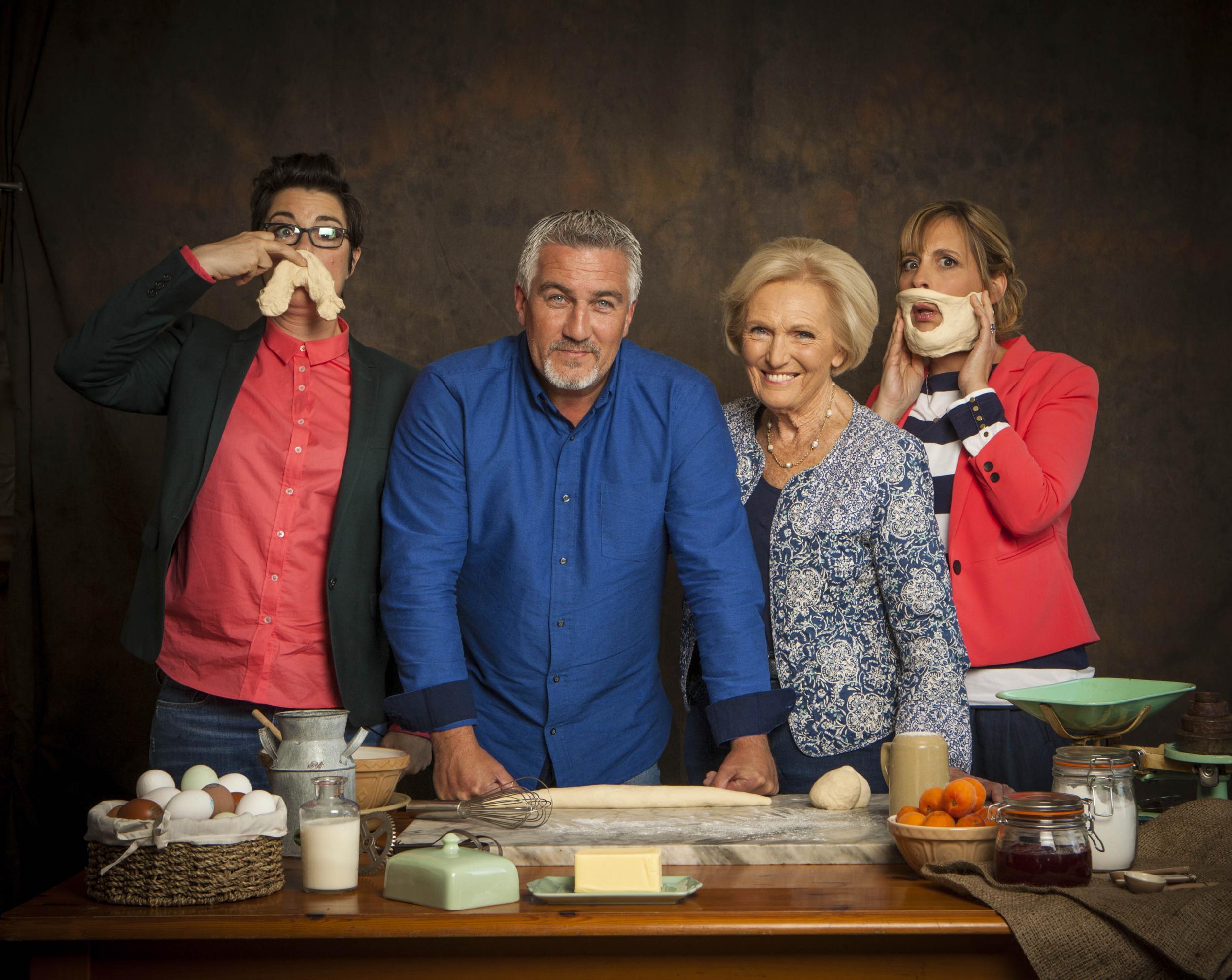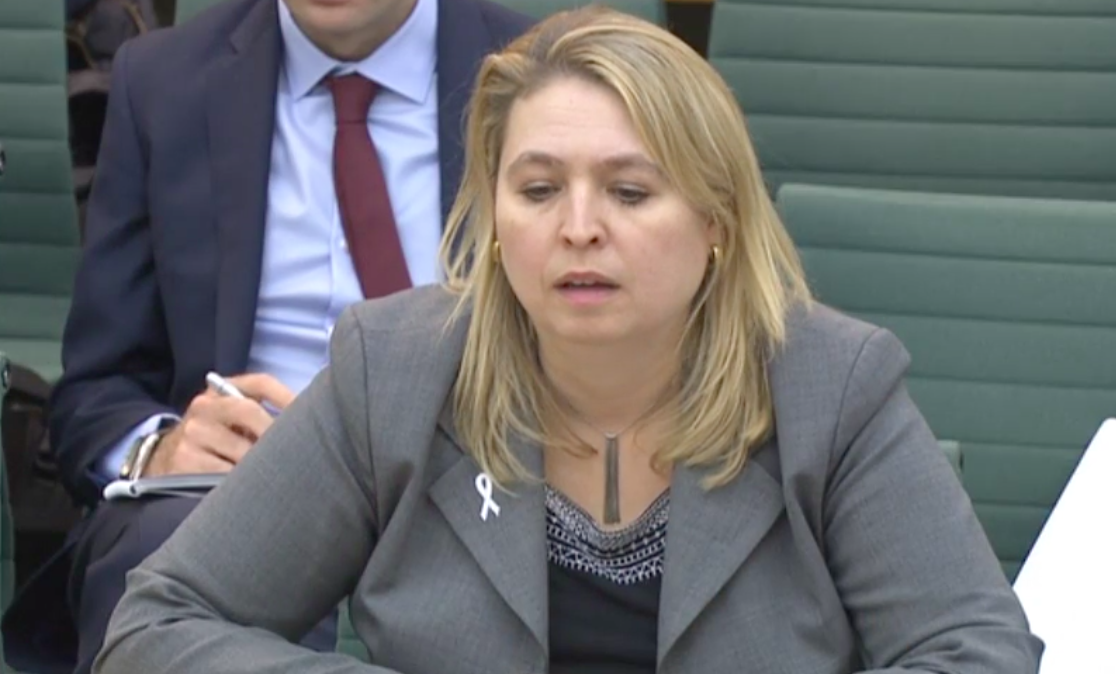Channel 4 poaching Great British Bake Off is a great opportunity to sell adverts, Culture Secretary says
The Culture Secretary said Bake Off was 'the biggest programme with no adverts on it in the world'

Theresa May’s new Culture Secretary has defended Channel 4’s poaching of The Great British Bake Off – arguing that the show’s tenure on the BBC was a wasted opportunity to sell advertising.
Karen Bradley, whose culture department’s remit includes television broadcasters, said GBBO was “the biggest programme with no adverts on it at all in the world”.
Ms Bradley said public service broadcasting like Dispatches and the Paralympics did not pay for itself and that putting adverts on popular programmes like GBBO could fund them.
Though the BBC and Channel 4 are both public service broadcasters, the BBC is prohibited from showing adverts and is funded by the license fee, while Channel 4 is funded entirely by advertising.
“Those programmes to do not generate enough advertising revenue in themselves in order for them to succeed,” she told the House of Commons Culture Select Committee on Monday.
“The point Channel 4 have made to me about Bake Off is that this is the biggest programme with no adverts on it at all in the world.
“Now, the advertising revenue that potentially Channel 4 could receive from showing Bake Off may well pay in itself for Dispatches, for the Paralympics, for Unreported World.”
In September this year the show’s production company Love Productions announced it was signing a three-year deal with Channel 4 to air the programme and that season 7 would be its last on the BBC.

Following the announcement Mel Giedroyc, Sue Perkins, and Mary Berry – three of the programme’s four main personalities – all announced they would quit.
“My decision to stay with the BBC is out of loyalty to them, as they have nurtured me, and the show, that was a unique and brilliant format from day one,” Ms Berry said at the time.
“I am just sad for the audience who may not be ready for change, I hope they understand my decision.”
The Secretary of State also used the committee hearing to confirm she was still looking at privatising Channel 4.
She told MPs on the committee that she was “looking at all the options” for the future of the broadcaster, and that a decision would be made in “the near-ish future”.
“How we make sure that Channel 4 stays financially viable in a world where maybe advertising revenues may be reducing is a challenge,” she said.
Ms Bradley said there were both “pros and cons” to privatisation, admitting that privatisation would mean “that you would have to have a return that was paid to those private investors that would take money out Channel 4 able to deliver programming”.
She said however this disadvantage could be compensated for because privatisation “would give Channel 4 access to more capital and raise money in different ways”.
Join our commenting forum
Join thought-provoking conversations, follow other Independent readers and see their replies
Comments
Bookmark popover
Removed from bookmarks